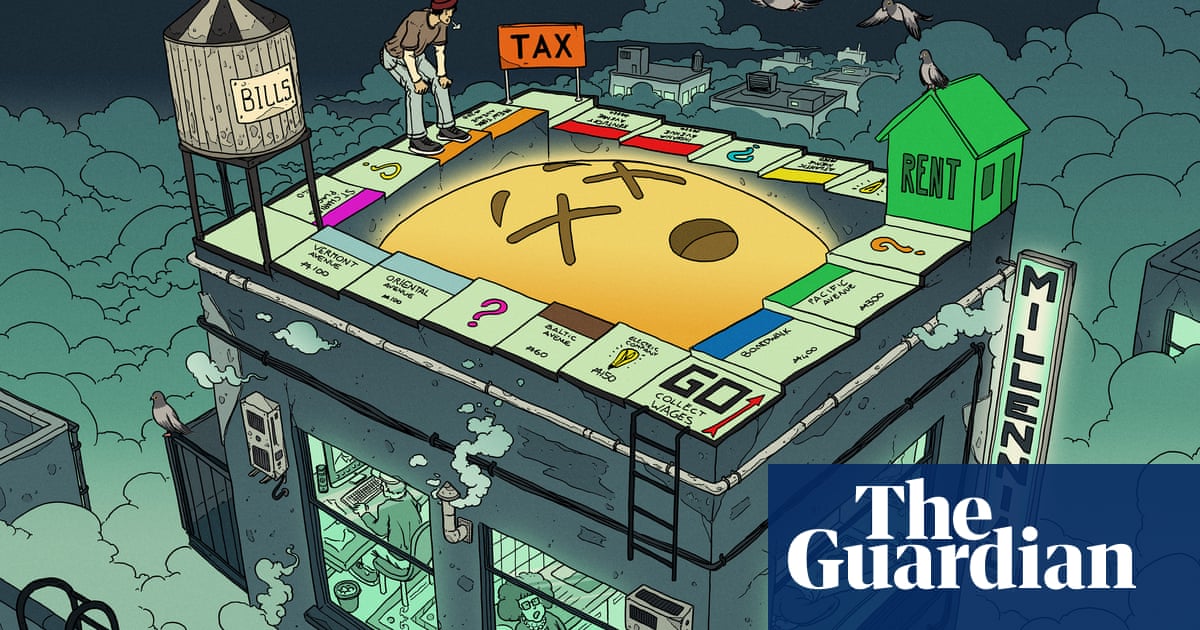- cross-posted to:
- economics@lemmy.world
- cross-posted to:
- economics@lemmy.world
Claire*, 42, was always told: “Follow your dreams and the money will follow.” So that’s what she did. At 24, she opened a retail store with a friend in downtown Ottawa, Canada. She’d managed to save enough from a part-time government job during university to start the business without taking out a loan.
For many years, the store did well – they even opened a second location. Claire started to feel financially secure. “A few years ago I was like, wow, I actually might be able to do this until I retire,” she told me. “I’ll never be rich, but I have a really wonderful work-life balance and I’ll have enough.”
But in midlife, she can’t afford to buy a house, and she’s increasingly worried about what retirement would look like, or if it would even be possible. “Was I foolish to think this could work?” she now wonders.
She’s one of many millennials who, in their 40s, are panicking about the realities of midlife: financial precarity, housing insecurity, job instability and difficulty saving for the future. It’s a different kind of midlife crisis – less impulsive sports car purchase and more “will I ever retire?” In fact, a new survey of 1,000 millennials showed that 81% feel they can’t afford to have a midlife crisis. Our generation is the first to be downwardly mobile, at least in the US, and do less well than our parents financially. What will the next 40 years will look like?



What do you mean somehow? Cyberpunk as a genre has always been a vision of a future of unchecked corporate power, it only became prescient because Americans gave corporations unchecked power.
Original comment mentioned game Cyberpunk 2077, not entire genre cyberpunk. But yes, unchecked corporate power leads to neofeudalism.
I didn’t think to word it “Walking into the future lubed up, bent over, and ready to pay for the patriotic right to get split roasted by Google and Blackrock” because that’s a bit of a mouth full.